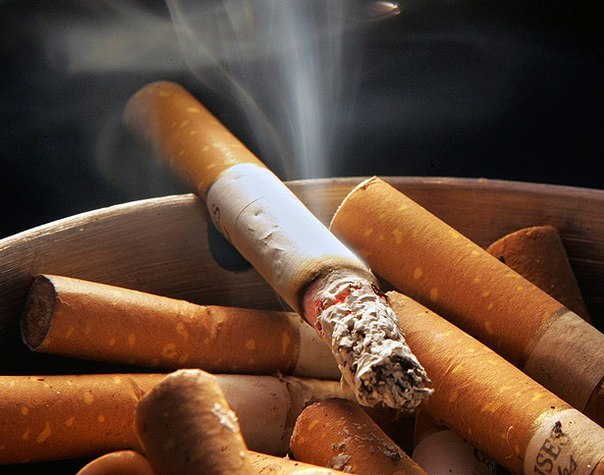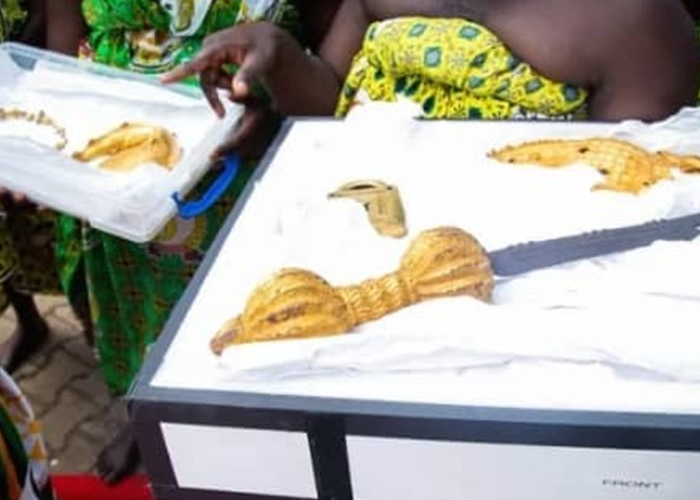Tobacco Use Kills More Than 6,700 Ghanaians Each Year
- Home
- Tobacco Use Kills More Than 6,700 Ghanaians Each Year

Tobacco Use Kills More Than 6,700 Ghanaians Each Year

More than 800,000 Ghanaians continue to smoke annually, while tobacco use kills more than 6,700 people each year in the country.
Sixty-six percent of these deaths occur before the age of 70.
Mr. Peter Bismark Kwofie, Executive Director, Institute for Liberty, and Policy Innovation (ILAPI), a policy think tank located in Tema, has stated, adding that the figures were important because they showed that many more Ghanaians were unable to stop tobacco or smoking in general, despite rehabilitation and restrictive laws prohibiting people from smoking.
Mr Kwofie said the figures were part of findings of a need assessment exercise of the World Health Organization (WHO) Framework Convention on Tobacco Control (WHO FCTC) conducted in Accra.
He noted that the Ministry of Health, Food and Drugs Authority (FDA), the Secretariat of the WHO FCTC (Convention Secretariat), the WHO, and the United Nations Development Programme organised the need assessment.
“In this regard, the FDA is carrying out its mandate to continually reduce rampant tobacco use and secondhand smoking. Although the FDA does not support harm reduction alternatives such as vapes, it does support cultural efforts to decrease tobacco use,” he said.
Mr. Kwofie who presented the data at a press conference in Tema stated that the FDA supports harm reduction by advocating for the removal of tobacco sticks from marriage dowries in the Northern region in the absence of alternatives to preserve culture and heritage.
However, “This approach has failed, with tobacco continually being requested as part of the dowry,” he stated.
He urged the Government and stakeholders to implement the Tobacco Harm Reduction (THR) strategy to help reduce the harm caused by tobacco use.
The THR, as a public solution, recognizes the harm caused by combustible cigarettes and aims to minimize the health impacts of cigarette smoking by encouraging adult smokers who want to continue smoking to switch completely to scientifically substantiated, lower-risk alternatives.
Other approaches he added, such as raising tobacco taxes and banning THR products, as the best efforts to prevent people from smoking, only lead to poor smuggling, adding to the cost of fighting illicit tobacco transactions.
According to him, THR could enhance public health in a variety of ways, including reducing tobacco-related deaths by providing smokers with less harmful alternatives through policy and legislation.
“Once again, THR has the potential to reduce the burden on healthcare systems by lowering the number of tobacco-related illnesses,” he said.
He noted that treatment for smoking-related illnesses was costly, and the cost burden was frequently carried by governments and taxpayers.
“THR can help reduce healthcare expenses and free up resources for other public health priorities by reducing the number of smoking-related illnesses,” he said.
ILAPI recommended that because of the harmfulness of tobacco and addiction, stakeholders should consciously develop an educative medium-long term approach to reducing tobacco use rather than a short-term radical approach of denying consumers the right to choose.
He said this could be determined if there was a policy consideration for an alternative consumer choice strategy to reduce tobacco consumption through the concept of THR.
Mr. Kwofie said the use of e-cigarettes had the potential to assist smokers in quitting or reducing their cigarette consumption; however, the THR should be regulated and made available to smokers who were unable or unwilling to stop smoking.
The policy think tank also urged health and social workers, and other relevant stakeholders, and policymakers to consider less harmful alternative measures to address the consumer choice addiction rate of tobacco.
Source: GNA
- Share
Classic Ghana
Classic Ghana brings you into a fun world of arts, entertainment, fashion, beauty, photography, culture and all things in between. Let’s explore these together!







